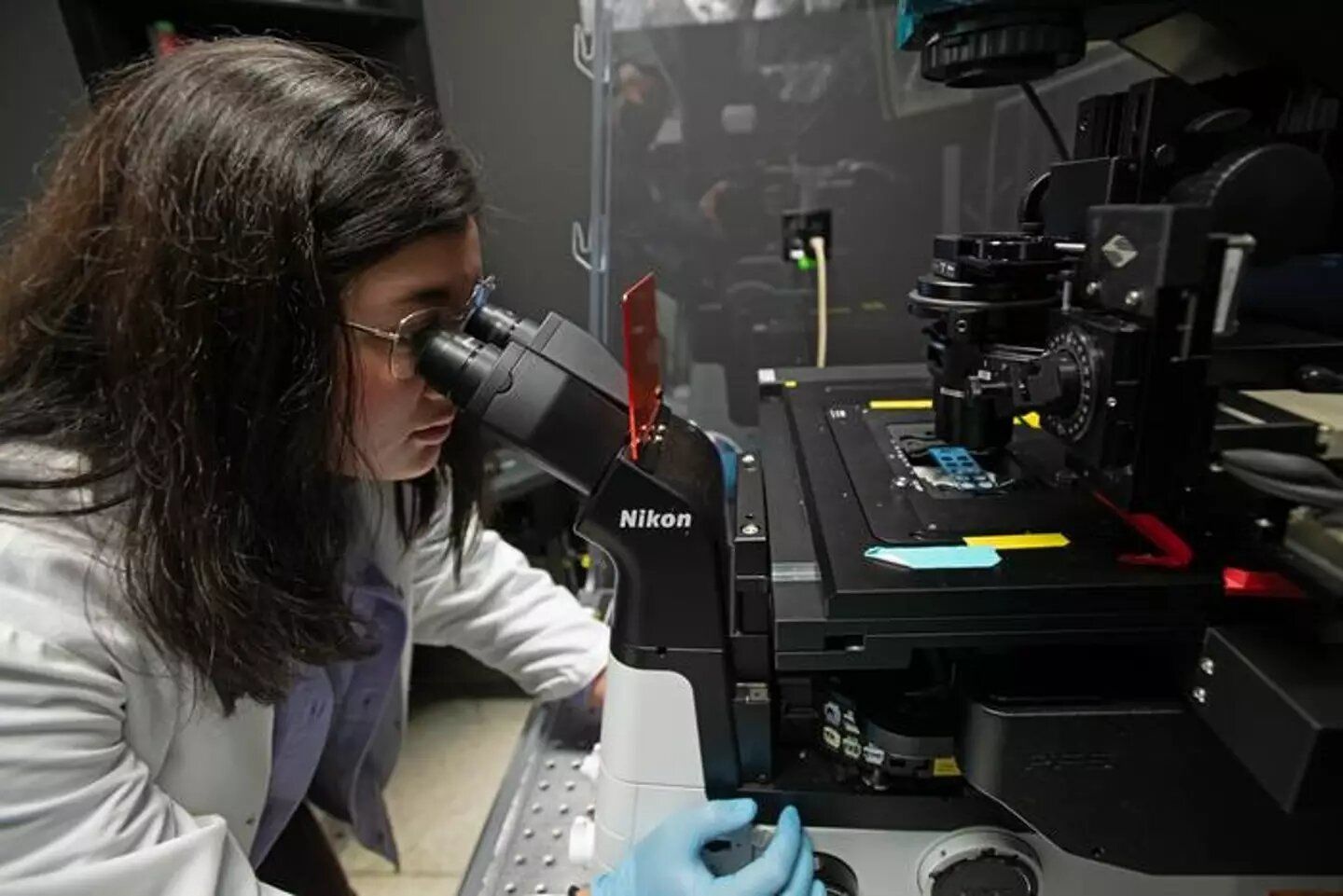They sense a chemical substance in a person’s blood and swim to it.
Scientists have made a rather stunning discovery of deadly vampire bacteria, which, according to researchers, are constantly hunting for human blood.
Researchers at Washington State University in the US delved into this topic by studying what drives some of the world’s deadliest bacteria.
Their results are something out of a horror movie: bacteria are actually attracted to the liquid part of blood called serum. In particular, the deadly microbes are obsessed with something called serine, an amino acid found in human blood. It is also incredibly common in protein drinks.
The work, published in the journal eLife, aims to provide new insights into how bloodstream infections occur and how they can potentially be treated.
Scientists discovered deadly vampire bacteria / Photo: ed S. Warren, Washington State University College of Veterinary Medicine
Arden Beilink, a professor at Washington State University’s College of Veterinary Medicine and corresponding author of the study, said: “Bacteria entering the bloodstream can be deadly. We learned that some of the bacteria that most commonly cause bloodstream infections actually sense a chemical in the human bloodstream and swim to her.”
Beilink and his colleagues found that at least three types of bacteria are attracted to human blood serum: Salmonella enterica, E. coli and Citrobacter koseri.
Unfortunately, these microbes kill and are among the biggest killers of people with inflammatory bowel disease, often causing intestinal bleeding.
Using a powerful microscopic system, the researchers simulated intestinal bleeding by injecting microscopic amounts of human serum and watching the bacteria move toward the source of the bleeding. The reaction is extremely fast: researchers have found that disease-causing bacteria need less than a minute to find the serum.
Scientists discovered deadly vampire bacteria / Photo: ed S. Warren, Washington State University College of Veterinary Medicine
WSU graduate student Sienna Glenn, lead author of the study, said, “By learning how these bacteria are able to detect blood sources, we may be able to develop new drugs that block this ability in the future. These drugs could improve the lives and health of people who are at high risk blood infection”.
We will remind you that the company from the USA has started clinical trials of an innovative method of growing an “alternative” liver. If the new technology is successful, one donor will help tens or even hundreds of people in need of a liver transplant.


